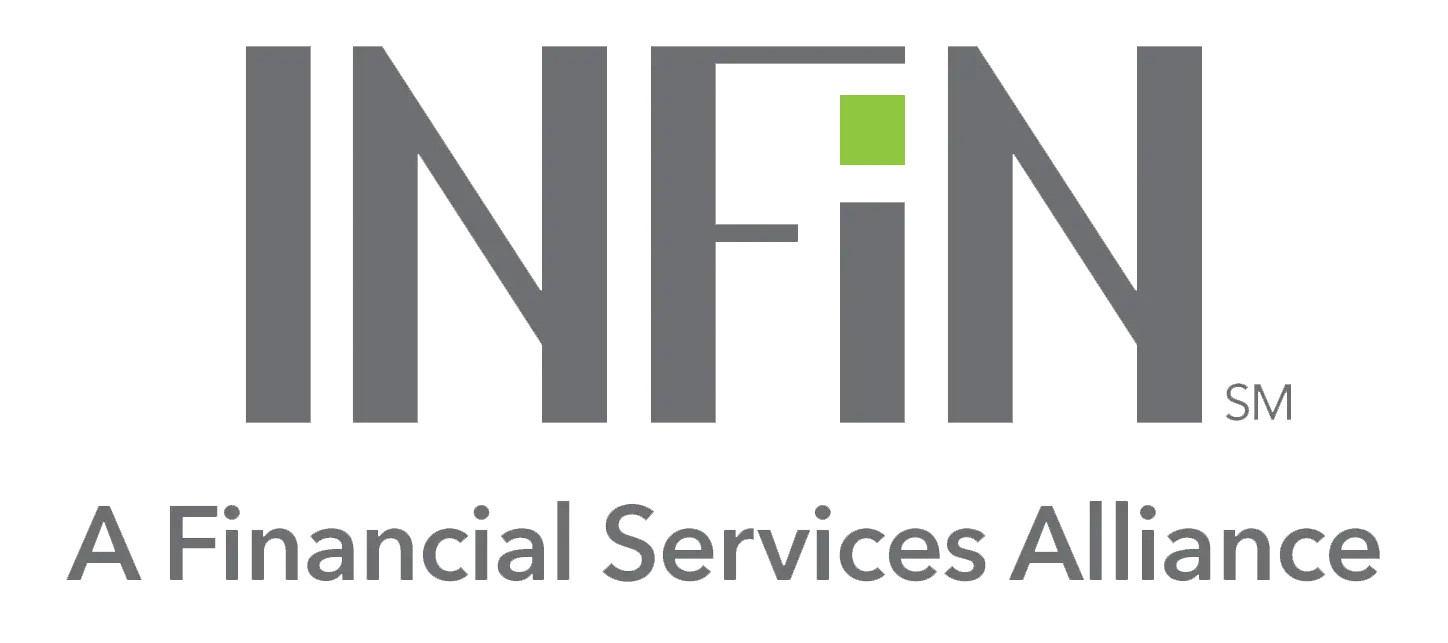From Debt to Wealth: Beginner’s Guide to Financial Freedom

In today’s fast-paced world, achieving financial freedom has become a top priority. One way to achieve this is by transforming your financial situation. Today, we are going to dive into so ways you can do so!
Understanding Your Current Financial Situation
The first thing you want to do is access your debt. Start by taking an honest look at your debts, and make a list of them. This can be credit card debt, student loans, or any other loans you may have. Understanding the total amount of debt you owe is the first step toward creating a plan to eliminate it.
The next step is to take the time to evaluate your income sources and monthly expenses. Calculate your net income after taxes, and then create a monthly budget. This will include fixed costs like rent or mortgage, utilities, groceries, and discretionary spending. Be sure to add categories that are tailored to your spending habits.
Finally, track your spending habits to identify where you can cut back. Use mobile apps or budgeting tools to categorize your expenses and to gain insight into your spending patterns. In the end, this will help you make informed decisions about your spending.
Debt Elimination Strategies
Debt can be a major source of stress and worry for many people. Let’s take a look at four strategies that you can use to eliminate your debt.
Snowball Method
The snowball method involves paying off your smallest debts first while making minimum payments on the others. As you eliminate smaller debts, you gain momentum. Then, you can apply those payments to larger debts, which will keep you motivated as you see your debt continue to decrease.
Avalanche Method
With this method, you will first focus on paying off debts with the highest interest rates. Targeting high-interest debts reduces the amount of interest paid over time.
Debt Consolidation
Consolidating your debts can simplify your payments and lower your interest rates. Consider transferring high-interest credit card balances to a low-interest personal loan. With this method, it’s important to exercise caution and make you understand the terms and fees associated.
Seeking Professional Help
If your debt situation feels overwhelming, consider consulting a financial advisor. They can provide personalized guidance and even negotiate with creditors. Finally, they can also help you build a debt management plan.
Building a Strong Financial Foundation
Once you pay off all of your debt, you can start building an emergency fund. It’s important to have some money saved up for when an unexpected emergency happens. In general, you should aim to save at least three to six months’ worth of living expenses in a separate account. Having a safety net in place will prevent you from falling back into debt.
After you have set an emergency fund, you can begin to think about larger financial goals you might have. This could be anything from saving up for a down payment on a house, or more. It’s also important to create good financial habits, such as regularly reviewing your budget. Consistency can lead to long-term financial success.
Saving and Investing
Next, you can cultivate the habit of regular saving to accumulate wealth. Divide a portion of your income towards savings, even if it’s a small amount. As your debt decreases, redirect those funds toward savings.
Something that many people don’t think to do is start planning for their retirement. The earlier you start the better. Take advantage of employer-sponsored retirement plans since they often will match what you put in. Additionally, explore individual retirement accounts (IRAs) to grow your retirement savings further.
When it comes to investing, take time to educate yourself about your options beyond traditional savings accounts. Consider diversifying your portfolio by investing in stocks, bonds, mutual funds, or real estate.
Maintain Financial Discipline
As your income increases or your debt decreases, it’s tempting to upgrade your lifestyle. However, avoid succumbing to lifestyle inflation. Focus on maintaining a frugal mindset.
Also, it’s important to be cautious with your credit usage. Pay your credit card bills in full each month to avoid interest charges and late fees.
All in all, the process of getting back on your feet financially, can be made easier by following these tips. It will take a lot of time and patience, but it’s worth it in the end.
And, if you need a little help along the way, Advance Financial is here for you!
An Advance Financial line of credit provides flexibility and convenience. If you’re looking for a way to get the cash you need, an Advance Financial line of credit is an excellent option. A line of credit is an alternative to traditional loans. So, if you need cash, apply for a line of credit today with Advance Financial to get the emergency cash you need! Remember, financial freedom is attainable for everyone with consistent action. So, start today and pave the way to a better tomorrow.




